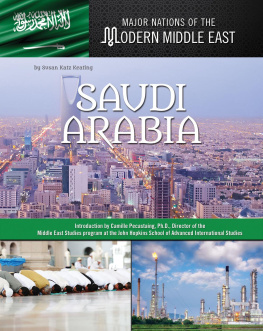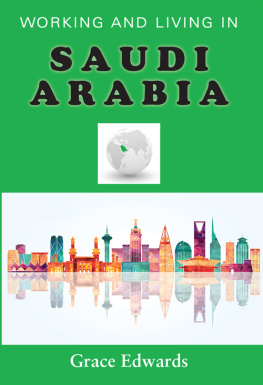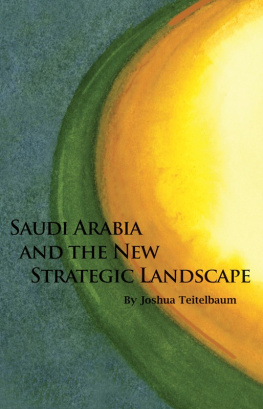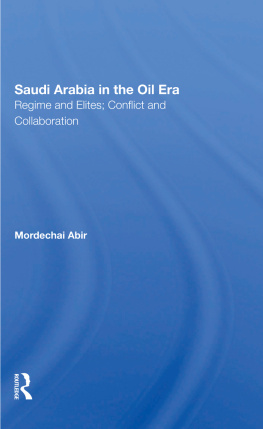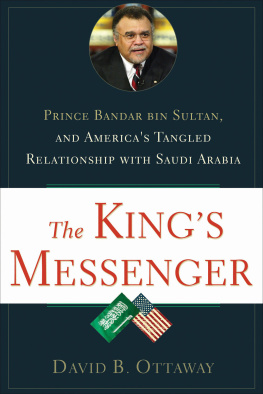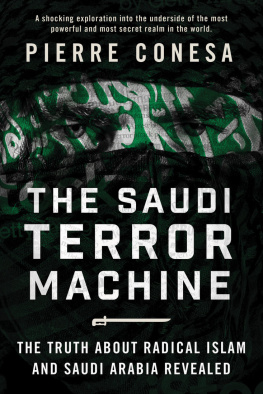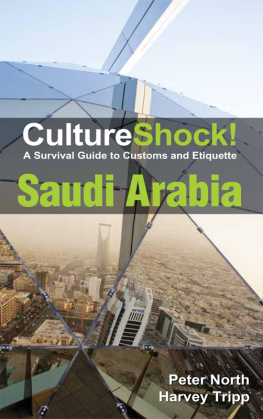First published in 2019 by
UCL Press
University College London
Gower Street
London WC1E 6BT
Available to download free: www.uclpress.co.uk
Text Stefan Maneval, 2019
Images Author and copyright holders named in captions, 2019
Stefan Maneval has asserted his right under the Copyright, Designs and Patents Act 1988 to be identified as the author of this work.
A CIP catalogue record for this book is available from The British Library.
This book is published under a Creative Commons 4.0 International license (CC BY 4.0). This license allows you to share, copy, distribute and transmit the work; to adapt the work and to make commercial use of the work providing attribution is made to the authors (but not in any way that suggests that they endorse you or your use of the work). Attribution should include the following information:
Maneval, S. 2019. New Islamic Urbanism:The Architecture of Public and Private Space in Jeddah, Saudi Arabia. London, UCL Press.
https://doi.org/10.14324/111.9781787356429
Further details about Creative Commons licenses are available at
http://creativecommons.org/licenses/
ISBN: 978-1-78735-644-3 (Hbk.)
ISBN: 978-1-78735-643-6 (Pbk.)
ISBN: 978-1-78735-642-9 (PDF)
ISBN: 978-1-78735-645-0 (epub)
ISBN: 978-1-78735-646-7 (mobi)
DOI: https://doi.org/10.14324/111.9781787356429
For Jakob
In the conservative cultural climate in Saudi Arabia of the 1980s and 1990s, a specific architectural style emerged: New Islamic Urbanism. The emphasis on privacy protection and the blocking of views characteristic of this architecture, although originally derived from a conservative Islamic imagination of social coexistence, enables, as I argue throughout this book, a broad variety of alternative social practices. Some of these may even be in conflict with the prevailing attitudes to gender relations, piety and moral conduct. New Islamic Urbanism thus facilitates both a conservative and a liberal way of life. Moreover, it allows for the constitution of counterpublics that challenge and renegotiate the boundaries between the public and the private.
Although the notion of societal change is essential to the research presented in this book, returning to Jeddah seven years after finishing my fieldwork I was surprised at how different life in this city had become. The present described in the last chapters of this book had become history, and it struck me that some of the forces of change described there must in fact have been more powerful than I had unconsciously assumed. Since the demise of King Abdullh in 2015 and the rise to power of crown prince Muammad bin Salmn, gender segregation had been abolished in many places, such as cafes and shopping malls. As an unaccompanied man, I was no longer denied access to the food courts and upper floors of shopping centres. At the Medd Cafe and Roastery, Jeddahs first third wave coffee shop which opened at the northern edge of the corniche in 2015, where half a pound of coffee beans cost 77 Saudi riyal (approximately 18 euros), a mixed crowd of students, artists and hipsters gathered every night. They enjoyed a lifestyle and an atmosphere of freedom previously known only from trips abroad. On the occasion of Medd Cafes third anniversary, a programme of events had been set up in March 2019, including public talks on topics such as healthy living, a stand-up comedy show and a speed networking event, in which 10 men and four women spontaneously participated while others were watching. All events, attended by mostly young men and women, took place on the upper floor of the cafe, which normally served as the womens or family section, in contrast to a largely, but not exclusively, male downstairs section. The concept of gender segregation still survived here and elsewhere in Jeddah, but it had become more of a choice, resulting in blurred boundaries between what were formerly two strictly divided spheres. Women had officially been granted the right to drive cars and work in a large variety of jobs, from saleswomen and waitresses to customs officers. In spring 2019, driving schools were booked out half a year in advance, and the first women could already be seen driving. At the recently finished expansion of the corniche walkway a new recreational area of a size and quality unprecedented in Jeddah women riding bicycles had become a common sight, and so had mixed groups of young men and women, chatting, going for a walk, spending time together. Several art exhibitions, galleries and an annual art festival, called 21,39, had been established, providing forums of exchange and inspiration for a thriving art scene. In January 2019, the first cinema in town was inaugurated, following one on the campus of the King Abdullah University of Science and Technology (KAUST) and three in Riyadh, after a 35-year ban on cinemas. Two months later, the movie Rollem, set and shot in Jeddah, was the talk of the town, or rather of the educated elite. It tells the story of a young filmmaker struggling to make a film about Jeddah, and his encounter with an old cinematographer whose filmmaking career ended in the 1970s in a country without cinemas.
It may appear tempting to correlate the recent opening of the country with the countrys new unofficial ruler, crown prince Muammad bin Salmn (whose father, King Salmn, is in his mid-eighties and purportedly suffering from mild dementia). Only 31 years old when appointed crown prince in June 2017, Muammad bin Salmn soon made it into the global news by arresting some 200 princes, ministers and wealthy businessmen for corruption charges, confining some of them in the Ritz-Carlton in Riyadh and not treating them gently for several weeks. Corruption is an odd accusation in a country where the king rules by decree and appoints all ministers and other key offices in the state, traditionally favouring members of his own family. The ruling family has amassed tremendous wealth over the past decades, neglecting and exploiting significant parts of the population while sedating others with well-paid public sector jobs in a blown-up state apparatus. Although the real driving force behind the 2017 purge seems to have been a demonstration of power and the seizure of control over a political system based on nepotism, the buying of loyalty and unhindered personal enrichment, rather than the fight against the New York Times (e.g. Friedman 2017) and the Independent (e.g. McKernan 2018), to name only a few influential voices of our time.
Muammad bin Salmn has indeed reduced the power of the religious police, established an Entertainment Authority and promoted reforms that paved the way for the changes described above. Among his major projects is the Vision 2030 plan, which is based on a McKinsey report. Seeking to diversify the Saudi economy, its main goal is to end the countrys dependency on oil (Khashan 2017). While the crown prince might well have a vision, this arguably entails first and foremost a strategy for securing the l Sads, i.e. the ruling clans, hold on power by appeasing the Saudi populace. Rather than actually granting civil liberties, such as freedom of expression or political participation, the crown princes reforms allow certain parts of the population to breathe the air of a liberal lifestyle. In fact, many political activists, among them several womens rights activists, have been detained during Muammad bin Salmns reign. The significant number of such cases, the ill-treatment of political prisoners and their families, and especially the brutal murder of the journalist Jamal Khashoggi on the premises of the Saudi consulate general in Istanbul spread fear among Saudis of being spied upon, persecuted or arrested on unpredictable allegations. It may seem contradictory that the crown prince persecutes activists who advocate the kind of reforms he himself is pushing forward with. Yet it is not the first time in history that the Saudi regime has applied a twofold strategy of silencing dissenters while meeting some of their demands, thus trimming its sails to the wind. In the early 1990s, for example, this policy led to a number of conservative reforms serving to demonstrate the Saudi governments concern for the public implementation of Islamic law and the religious principle of Commanding Right and Forbidding Wrong (see ). So far, this strategy has proved successful for the Saudi rulers, and it is hence unsurprising that it is once more vigorously deployed.


